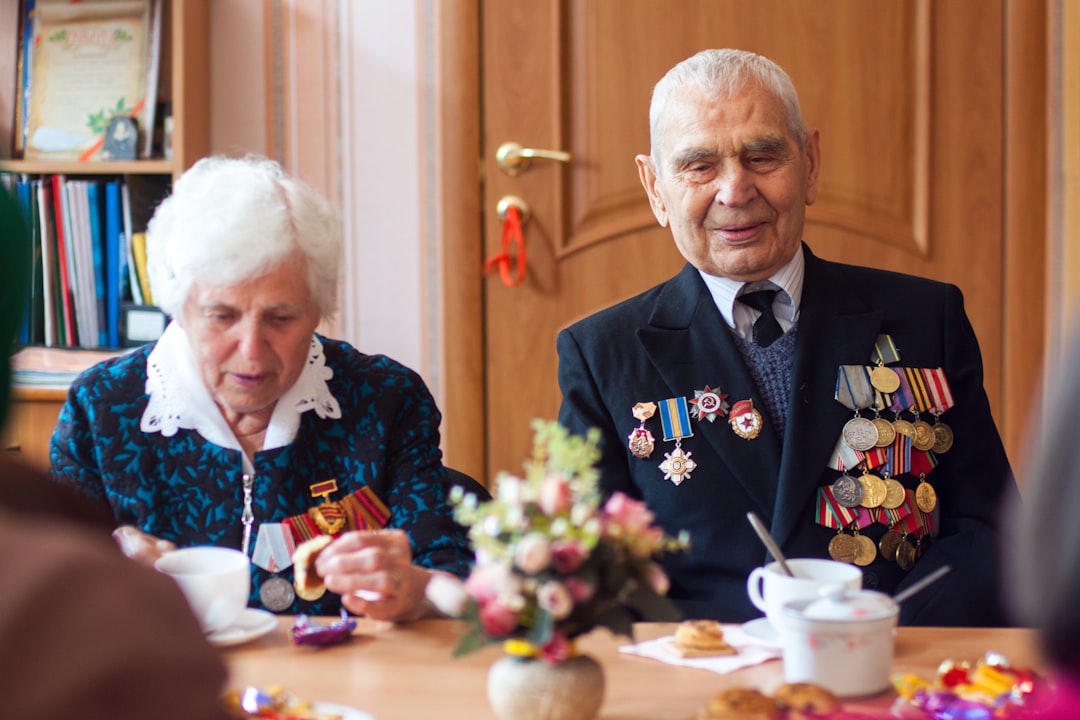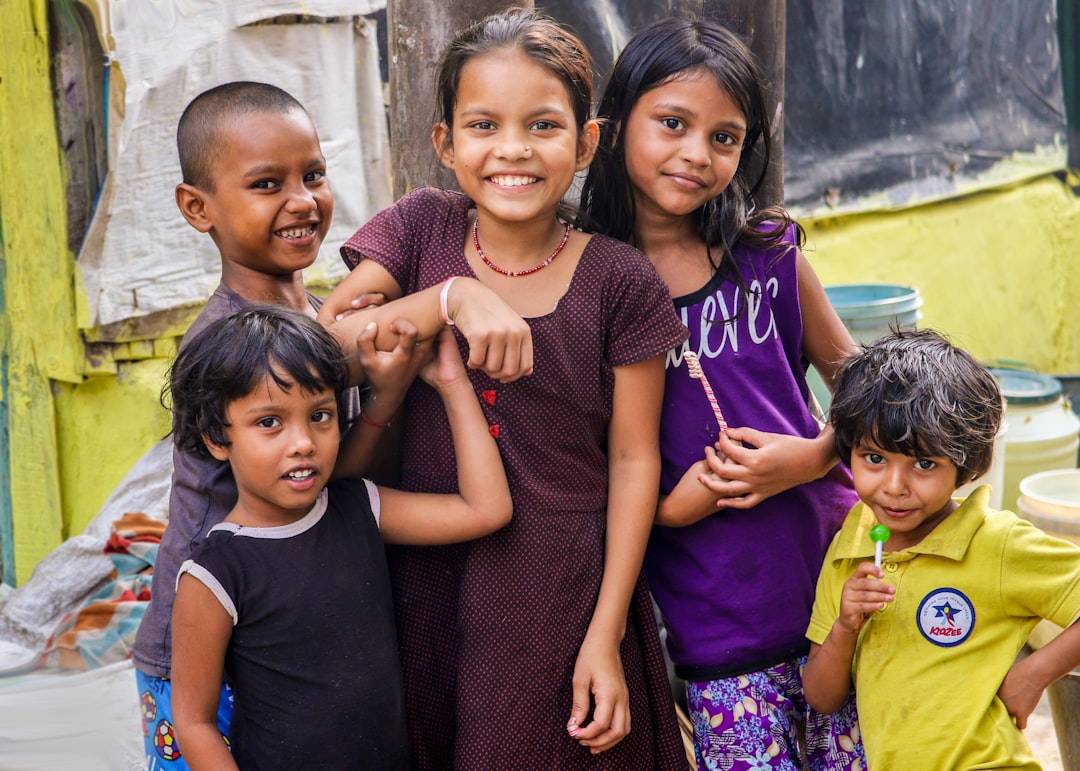What is it about?
The things that parents say to their children when they are young matters a lot. This includes the amount, quality and different kinds of words that parents use when talking to their children. Studies have shown that this can predict how well children do in school and their vocabulary skills. However, not much is known about how bilingual parents talk to their children. In this study, we looked at whether being bilingual might be related to certain things in language spoken to children that help them learn better in both languages.
Featured Image

Photo by Brett Jordan on Unsplash
Why is it important?
We looked at whether bilingual mothers used more self-repetitions (words or phrases that were spoken again) than monolingual mothers did when talking to their toddlers. The results showed that bilingual mothers did use more self-repetitions, but they maintained the same level of vocabulary richness as monolingual mothers. This suggests that bilingual parents may use different strategies than monolingual parents to help their children learn language skills in both languages.
Perspectives
I enjoyed being able to explore the different ways that bilingual parents interact with their children. It was interesting to see how this related to their language development.
Yezhou Li
University of Manchester
Read the Original
This page is a summary of: Properties of child-directed speech in bilingual parents, Linguistic Approaches to Bilingualism, April 2021, John Benjamins,
DOI: 10.1075/lab.20011.li.
You can read the full text:
Contributors
The following have contributed to this page










